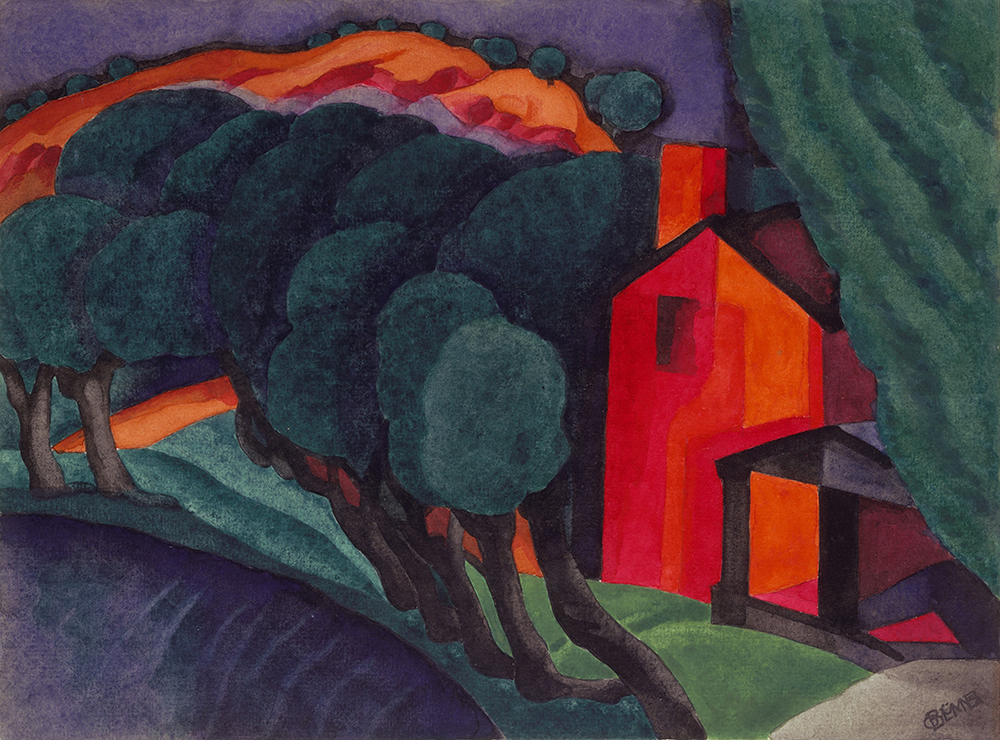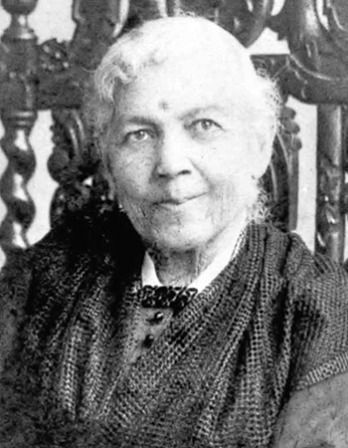Night is torment. That is why people go to sleep. To avoid clear sight and torment.
—Dorothy M. Richardson, 1923You Want It Darker
Jack Black cases the joint.
The oldest and commonest system of the house burglar in locating money and jewelry is to stand about theaters, cafés, and the better shops, watching their patrons and following them home if they display wealth. Smiler and I followed a woman and man to their home one night from the theater. The woman wore enough diamonds to stun any thief or pawnbroker. They went into a well-kept two-story house, back in a big yard full of trees and shrubs, only a dozen blocks from the main street. They let themselves in with a key and appeared to be the only occupants of the place.
We looked the spot over for several days and evenings. There was a servant girl about the place but no children and no dogs. This was good. Children, particularly young ones, often need attention in the night, which interferes with the prowler. Dogs, young or old, are the bane of the burglar’s life. A dog inside a house where people are sleeping prohibits burglary, and the smaller he is, the louder he prohibits. So far as we could see, the place looked made-to-order for us. House burglars customarily work single-handed. Two men prowling about in a house in the dark are apt to get confused if anyone wakes up, and shoot each other. It has happened.
“I wish this stool-pigeon moon wasn’t so bright tonight, kid,” said Smiler as we waited in the shrubbery for our people to put out lights and retire. At eleven o’clock the house was in darkness. “About three hours more, kid, and we’ll get busy.”
We had been in the yard since nine o’clock, tense, watching, listening. Six hours lying on the damp grass and wet from the heavy dew. And still the burglar wonders how he catches those terrible colds that hang on and on and finally develop into TB.
It was agreed that I should stay outside and lend a hand in case anything went wrong in the house with Smiler. Inside the house, inexperienced as I was, I would be in the way. Smiler looked at his watch for the hundredth time.

Glowing Night, by Oscar Bluemner, 1924. The Metropolitan Museum of Art, bequest of Charles F. Iklé, 1963.
He removed his shoes, putting one in each hip pocket as far as it would go, buttoned his coat tightly, and pulled his hat far down over his eyes. Always clean, handsome, smiling, he wasn’t good to look at now. We stepped toward the house, keeping out of the moonlight when possible. On the rear porch, Smiler tried the door and windows—all fastened. He motioned me to stay where I was and disappeared around the side of the house in search of an unlatched window. No burglar uses force till he is sure there is no window or door unfastened.
He was gone so long that I was getting worried when he silently appeared from the other side; he had gone around the house. I left the porch and joined him beside a window he had found unfastened. He pointed to some vines nearby, where I took my stand to wait till he rejoined me. I watched him intently, a pupil, apt at learning. The bottom of the window was about even with his shoulder. He stood with arms upraised, hands against the window sash, slowly, silently pushing it up. I listened, but he made no sound. The night was calm, still, dead.
Then came a blinding flash of fire and the deadly roar of a rifle. Broken glass, falling, tinkled, and a woman shrieked once hysterically.
My eyes had never left Smiler. He staggered back from the window clutching his throat with both hands; his legs trembled like a spent fighter’s as he sank slowly to his knees.
For a moment I shrank with fear and shock, cold and helpless, into the vines beside the house. The flash and deafening explosion coming out of the still night when my nerves were at their highest tension petrified me on the spot. Then my legs ran away with me, and I found myself at the back gate to the alley, the way we came in, fumbling at the latch. My mind was clearing up now. The gate was open. I was wondering whether to run up or down the alley, into the city or out of it. I expected to hear more shots. Then I thought of Smiler and looked back.
He was there in front of the window in the moonlight, on his hands and knees now, shaking his head from side to side slowly.
There was no alarm yet. The night was calm and still again. There was the smell of burnt powder in the air.
This was my first desperate experience. I didn’t know what to do. I wanted to run on and save myself, and I wanted to help Smiler. Something—I don’t know what it was, but I don’t think it was courage or bravery—turned me around, and I ran back through the shrubbery to a spot opposite the window from which the shot had been fired. In the clear moonlight, I could see that it was raised about six inches and one of its lower panes was shattered.
The house was still in darkness. There was no sound inside. I must have been in a panic still. No sane-thinking human would have done what I did next. I ran out in front of the window to Smiler and, standing over him, put my arms under his, lifting him slowly to his feet. Blood was streaming out of his mouth. He slowly and weakly put one arm around my neck. I held it there, grasping the hand that hung limply over my shoulder, and with my other arm around his waist, slowly dragged him to the gate and out into the alley, where he collapsed. His dead weight was too much for me. I let his body slip gently to the ground. A twitching shudder ran through him. He straightened out on his back and threw his arms wide. He was dead.
Still no sound came from the house. Next door I now heard a window thrown up and voices calling, a light appeared. It seemed an age since the shot was fired, yet it wasn’t three minutes. Smiler was beyond my help. I must be off. I was drenched with the blood that spurted from a wound in his neck. It was on my face and hands. My shirtfront was saturated with it. My coat was dripping blood. I thought of our room downtown—no chance to make it in that condition.
Smiler’s watch chain glistened in the moonlight. I tore at his pockets and found his money. I went through them all, took everything, and ran for blocks and blocks through the alley toward the outskirts of the city. The dawn was coming fast. I must hide.
Jack Black
From You Can’t Win. Although he spent twenty-five years as a burglar and hobo in the American West, Black had become a librarian for the San Francisco Call by the time You Can’t Win was first serialized in the paper. The book is said to have inspired Beat writers. “Confined by middle-class St. Louis mores,” wrote William S. Burroughs, “I was fascinated by this glimpse of an underworld of seedy rooming houses, pool parlors, cat houses, and opium dens, of bull pens and cat burglars and hobo jungles.”



